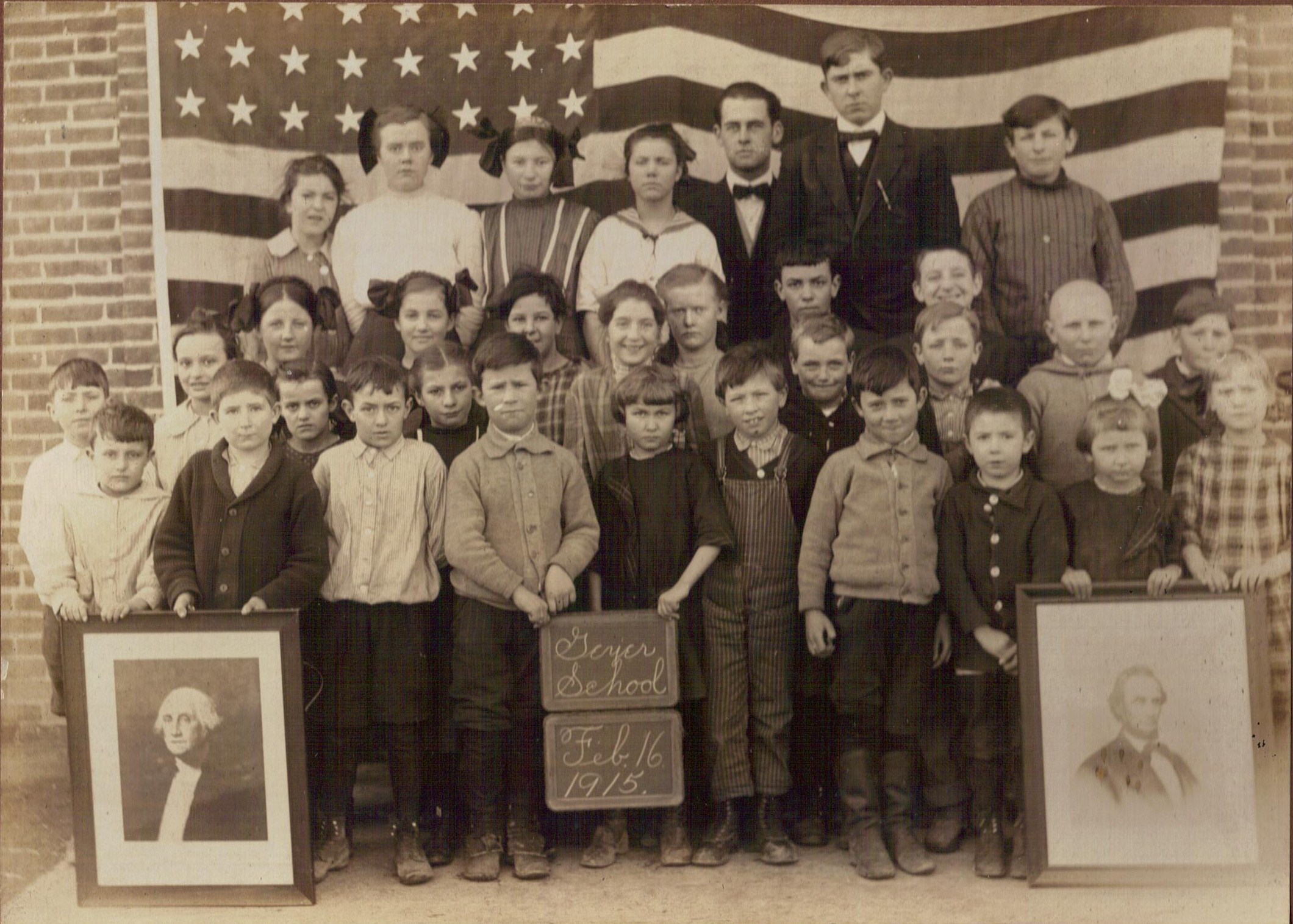Digital tech is laying bare American exceptionalism in a new way.
Aristopopulism: The Fusionism America Needs

Elites and Middle America need each other, and both have a duty to work together to serve our national interest and the common good.
In advance of this week’s much anticipated First Things lecture by Notre Dame professor and author Patrick Deneen on Aristopopulism, and Dan McCarthy’s magisterial essay proposing what could be considered a variation on the theme, let’s take a look at some context behind the term, which I popularized in a 2018 Washington Post op-ed about why conservatives should be wary of big business.
The phrase describes a two-fold disposition towards preserving what is both beautiful and common within the American experience—a marriage of grit and brains, democratic manners and liberal learning. Imagine Edmund Burke meeting Rooster Cogburn. This synthesis, which served as the backbone of Tocqueville’s America, also happens to be a winning temperament for Republicans wanting to hold Wisconsin, Michigan, and Pennsylvania and conservatives looking to build a new political program that protects jobs, supports families, and strengthens the middle class.
There are four tenets of Aristopopulism:
1) Working- and middle-class Americans should be treated with dignity in the public square and justly represented in the political process, whether by creating new policy and media institutions accountable to their interests or by challenging legacy charitable foundations to invest in scholars and journalists committed to their values.
2) Elites have a duty to show solidarity with all Americans by prudentially using their resources to strengthen the civic life of their local communities.
3) Political and cultural leaders have a responsibility to direct legitimate populist concerns towards constructive ends that serve the common good and national interest.
4) Americans should embrace a healthy patriotism that prizes citizenship over consumerism and localism over globalism.
Why is Aristopopulism so necessary today? Though many in our fractious society are loath to admit it, elites need Middle America and Middle America needs elites.
Silicon Valley, Hollywood, Wall Street, or Washington, D.C. elites may feel disconnected from the frayed social fabric in our once-vibrant industrial and rural communities, but they sorely need what Middle America still has in spades: patriotism, entrepreneurship, thrift, family, and religion.
Consider, for example, that elites living in coastal enclaves—with their greater financial resources and vocal concerns over issues related to social justice—give a much smaller percentage of their income to charity than do residents of the heartland. In many ways, Middle Americans lead the way when it comes to helping the less fortunate, whether through their own sacrifices or populist backlashes over issues like losing children to endless war in the Middle East and losing jobs to China.
Elites should resist the temptation to write such concerns off as nativism, and instead evaluate whether our policies (which they have an outsized hand in crafting) might benefit a portion of the country at the expense of the whole. Most importantly, elites need Middle Americans to remind them that “all men are created equal” and deserve a voice in our political conversations.
Middle Americans, meanwhile, need elites because it’s impossible to maintain a free society without men and women of great aspiration who, through hard work and circumstance, pursue excellence in knowledge, business, or governance. Nearly every city and village in the Midwest, Great Plains, or Deep South was once populated with wealthy patrons who supported churches, schools, shelters, museums, theaters, parks, and art galleries. Some of these philanthropists remain, but many have pulled up stakes for coastal metropolitan areas.
If Middle American culture is to be made great again, it must both retain the elites raised within it and attract new elites to put down roots, invest capital, and build community. In return, elites’ renewed commitment to public virtue can redeem their stature and respect in places where their talent, treasure, and leadership is vital to economic and civic renewal.
If there is one policy area where Aristopopulism is particularly relevant today, it’s concentrated corporate power, which now poses as great a threat to civil society as big government. We have ceded control of our culture and political life to a select number of corporate monopolies with little loyalty to America or its people.
As the author and research analyst Jonathan Tepper recently summed it up in The American Conservative, “rising industrial concentration is leading to lower wages for workers, fewer startups, lower productivity, rising inequality, and weaker towns and cities. Most damningly, mergers have led to higher prices in almost all industries.” These zombie corporations permeate every facet of our lives by using technology to shape our desires and influence our spending habits. They often encourage a culture of debt and dependency, while promoting progressive social values that undermine the family and traditional institutions.
An Aristopopulist would not embrace a knee-jerk, Alexandria Ocasio-Cortez-like approach calling for ever-bigger government to regulate ever-bigger business. In fact, past experience shows that such an approach often leads to crony capitalism in which businesses cozy up to regulators, driving competitors out of the market.
An Aristopopulist would, however, channel the spirit of Teddy Roosevelt by preventing the formation of corporate monopolies to ensure a marketplace with greater competition and entrepreneurship. This, in turn, could lead to a decentralization of political and economic power away from a few uber-elites, helping to create a larger and more dispersed class of leaders that strengthens the civic and cultural life of Middle America. This is one example, among many others including immigration reform and higher education reform, that Aristopopulism could help to fix.
Conservatism is at a crossroads. If we don’t meaningfully address populist discontent and the revolt of the elites against Middle America, as Christopher Lasch warned, we’ll be on the road to collectivism come 2020. After all, you’ve really only got one shot at a “Flight 93 Election.” It’s time to embrace an Aristopopulism that elevates all that is good, true, and beautiful from our American heritage and hometowns. In doing so, we might just be able to keep this plane in the sky.
The American Mind presents a range of perspectives. Views are writers’ own and do not necessarily represent those of The Claremont Institute.
The American Mind is a publication of the Claremont Institute, a non-profit 501(c)(3) organization, dedicated to restoring the principles of the American Founding to their rightful, preeminent authority in our national life. Interested in supporting our work? Gifts to the Claremont Institute are tax-deductible.
Economic nationalism is not enough: cultural and civic revival beats an economic backstop.
Subsidizing small-town 20th century jobs is not the answer. Nationalists should be careful not to lower their expectations—and ours.
Retrieving an honorable, successful philosophy.




